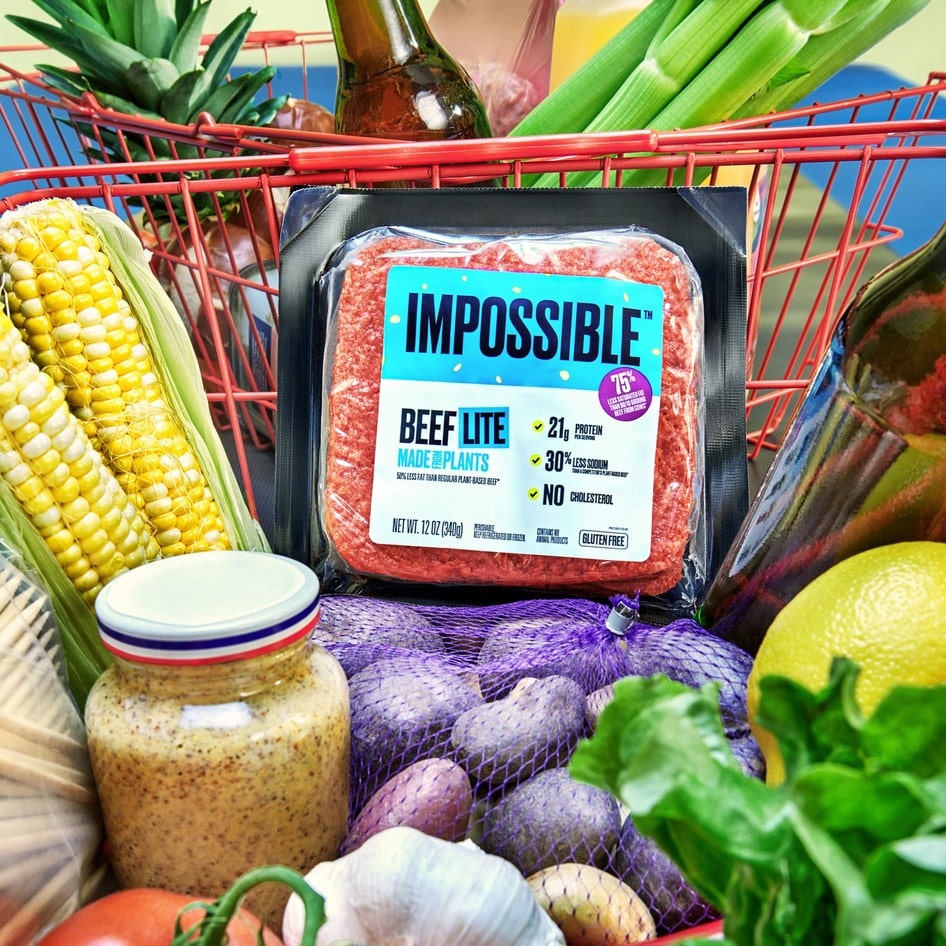GMO “DARK Act” Bill Rejected by Senate
Food containing genetically modified organisms will be labeled to allow for transparency.
March 17, 2016
The “DARK Act” bill—or legislation that would effectively eliminate mandatory GMO labeling—was rejected by the Senate yesterday. The anti-labeling bill passed in the House of Representatives but was vehemently protested by activist groups and high-profile chefs such as Michael Pollan and Top Chef judge Tom Colicchio. In a recent interview with Vice, Colicchio stated, “I don’t necessarily believe that GMOs are inherently dangerous. I think in some instances, GMOs can be very helpful. They do show a lot of promise, but I still believe that people have a right to know what’s in their food.” Striking down the bill means that individual states can impose mandatory GMO-labeling laws—which Vermont, Maine, and Connecticut currently have in the works. Those in support of eliminating GMO labeling argue that consumers will discriminate against GMO-labeled foods without ample knowledge about the role of genetic modification in the food system. Regardless of which side has more credibility, this move by Senate is a step toward transparency for the consumer within the food system.
JUMP TO ... Latest News | Recipes | Guides | Health | Shop







